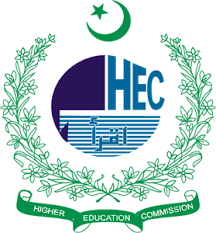Corruption and Ethical Bankruptcy in Public Institutions Quranic Principles for Reform
Keywords:
Qur’anic Ethics, Institutional Reform, Corruption, AccountabilityAbstract
This article investigates the pervasive crisis of corruption and ethical decay within public institutions, examining it through the lens of Qur’anic guidance. While contemporary solutions often emphasize legal and procedural reforms, this study contends that lasting institutional integrity requires a foundational shift toward spiritual and ethical values grounded in the Qur'an. By analyzing selected verses and relevant prophetic traditions, the article underscores the Qur’anic emphasis on divine accountability, justice, transparency, and moral uprightness as essential principles for reform. These values not only address the symptoms of corruption but also cultivate a deeper sense of personal and collective responsibility. The research argues that without an ethical transformation anchored in spiritual consciousness (taqwa), institutional reforms remain superficial and unsustainable. Ultimately, this study presents the Qur’anic paradigm as a comprehensive and timeless framework capable of restoring trust, promoting good governance, and ensuring long-term societal well-being.









